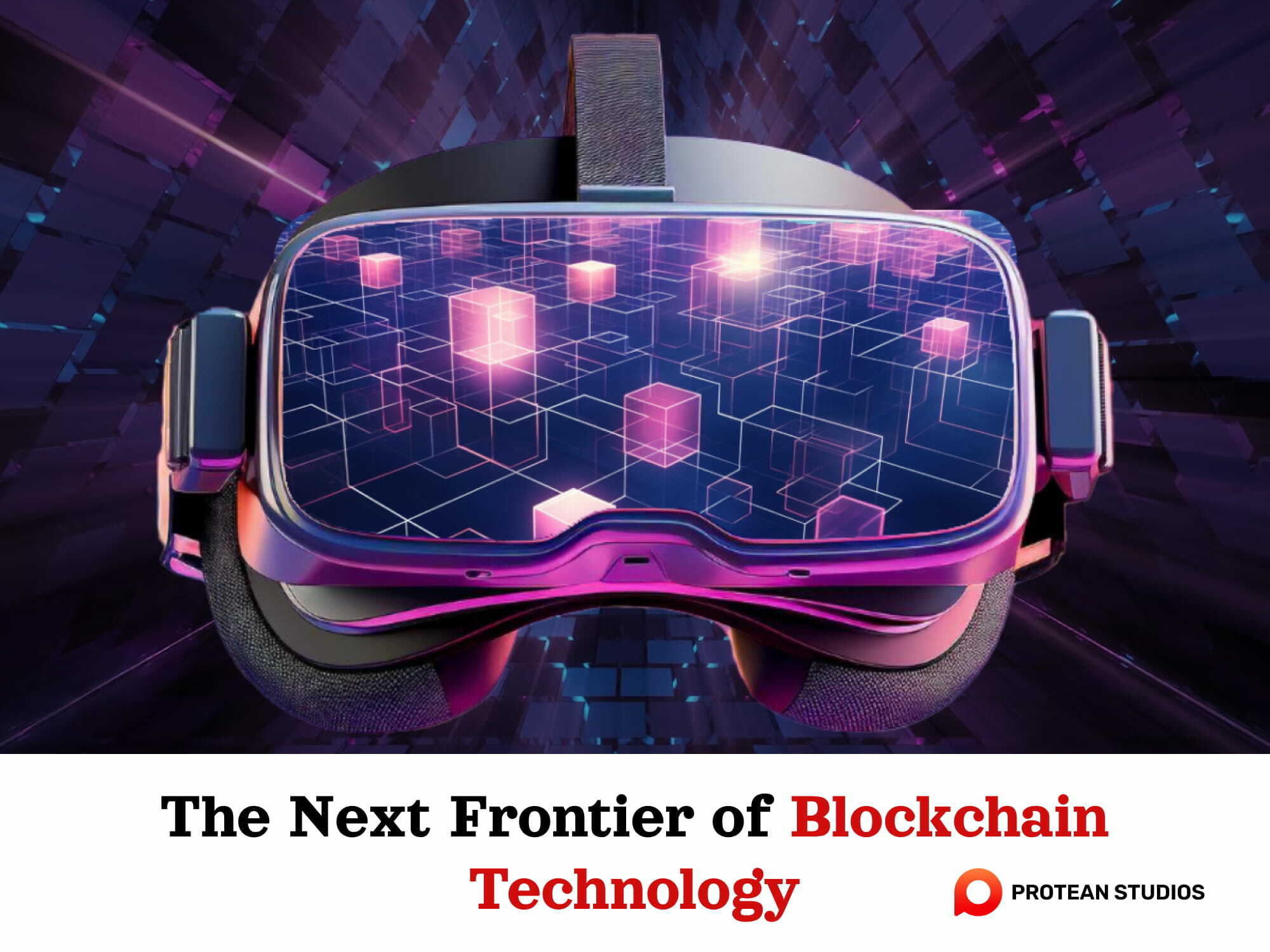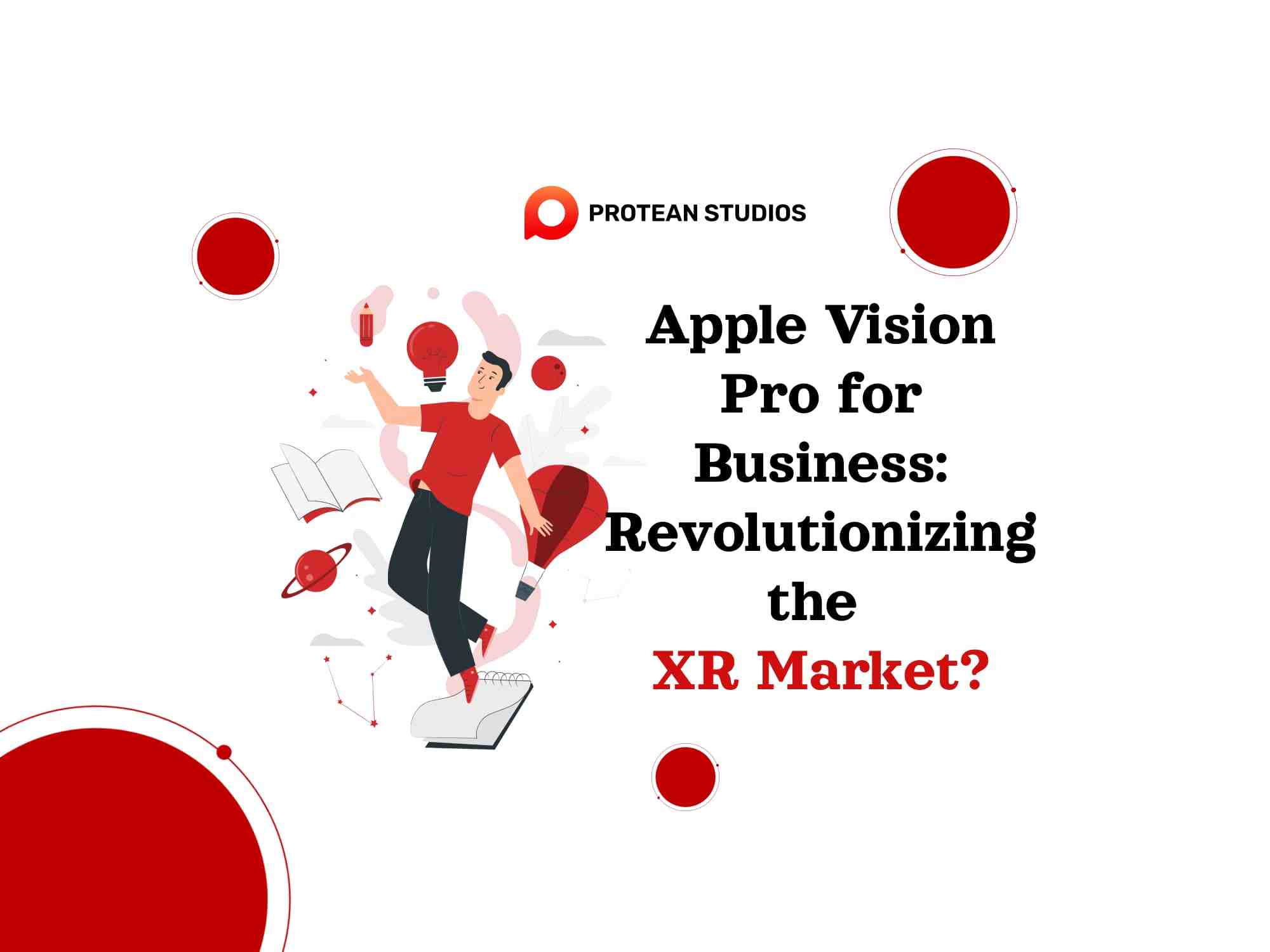In the fast-paced world of digital marketing, businesses are always looking for new ways to connect with their audience and get ahead. One of the latest trends is using generative AI in marketing automation. This technology promises to change the game by making marketing more personalized and efficient than ever before. But with all the buzz around generative AI, it's important to figure out if it's revolutionary or just another passing trend.
In this article, we'll explore what generative AI can do for marketing automation and whether it's worth the hype.
Leading the Beneficiaries of Generative AI
Generative AI, as defined by Gartner, is a branch of artificial intelligence that learns from existing data to create new, realistic content, such as text, images, videos, music, and even software code. This technology gained mainstream attention with the launch of ChatGPT, a chatbot by OpenAI known for its human-like interactions.
Since then, technology enthusiasts have explored its applications, with some reports suggesting that generative AI could generate up to $4.4 trillion in economic benefits. Notably, marketing and sales are expected to account for up to 75% of this value. Generative AI is becoming a central element in marketing strategies, with 70% of organizations using it to tackle marketing challenges.
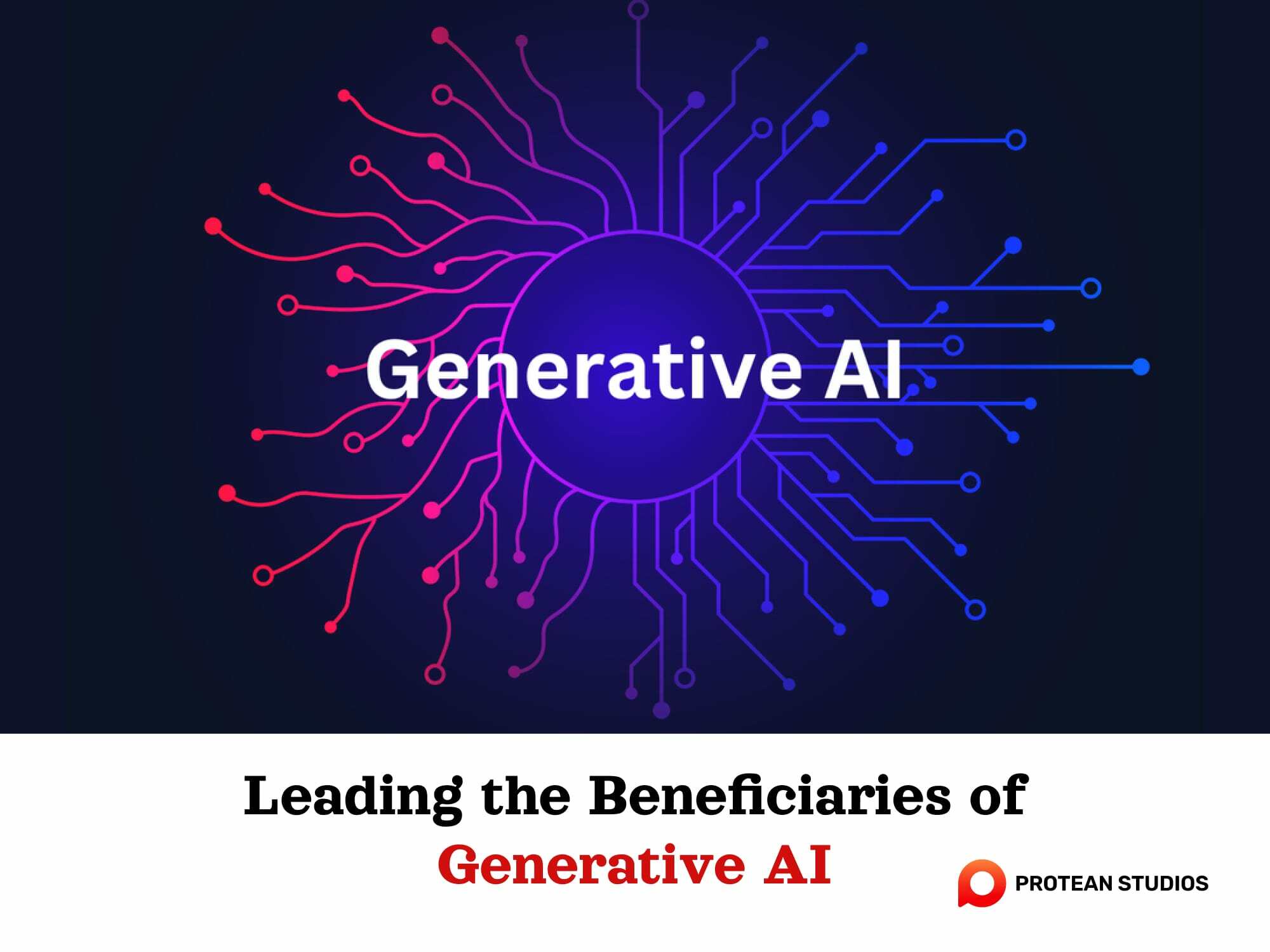
Read more: Unveiling AGI: Exploring The World Of Artificial General Intelligence
Personalization at scale
Personalization has been a key advantage of AI, and this holds true for its subfield, generative AI. A survey by BCG revealed that 67% of marketers are exploring generative AI for personalization, making it the most popular application in marketing. Marketers use generative AI to enhance campaign effectiveness and boost customer engagement by creating more targeted content.
This technology excels in personalization because it can analyze vast amounts of data, including past campaign performance, created content, customer reactions, and current trends, to generate and recommend content tailored to various campaigns, channels, and customer segments. Unlike humans, who often work with limited data and analysis, generative AI provides a much more data-driven approach to personalizing messages.
Many global brands are already seeing positive results from using generative AI for personalization. For instance, Michaels, North America's largest arts and crafts retail chain, utilized generative AI to create customized content for SMS, Facebook, and email, aiming to deliver more relevant and personalized messages to its audiences.
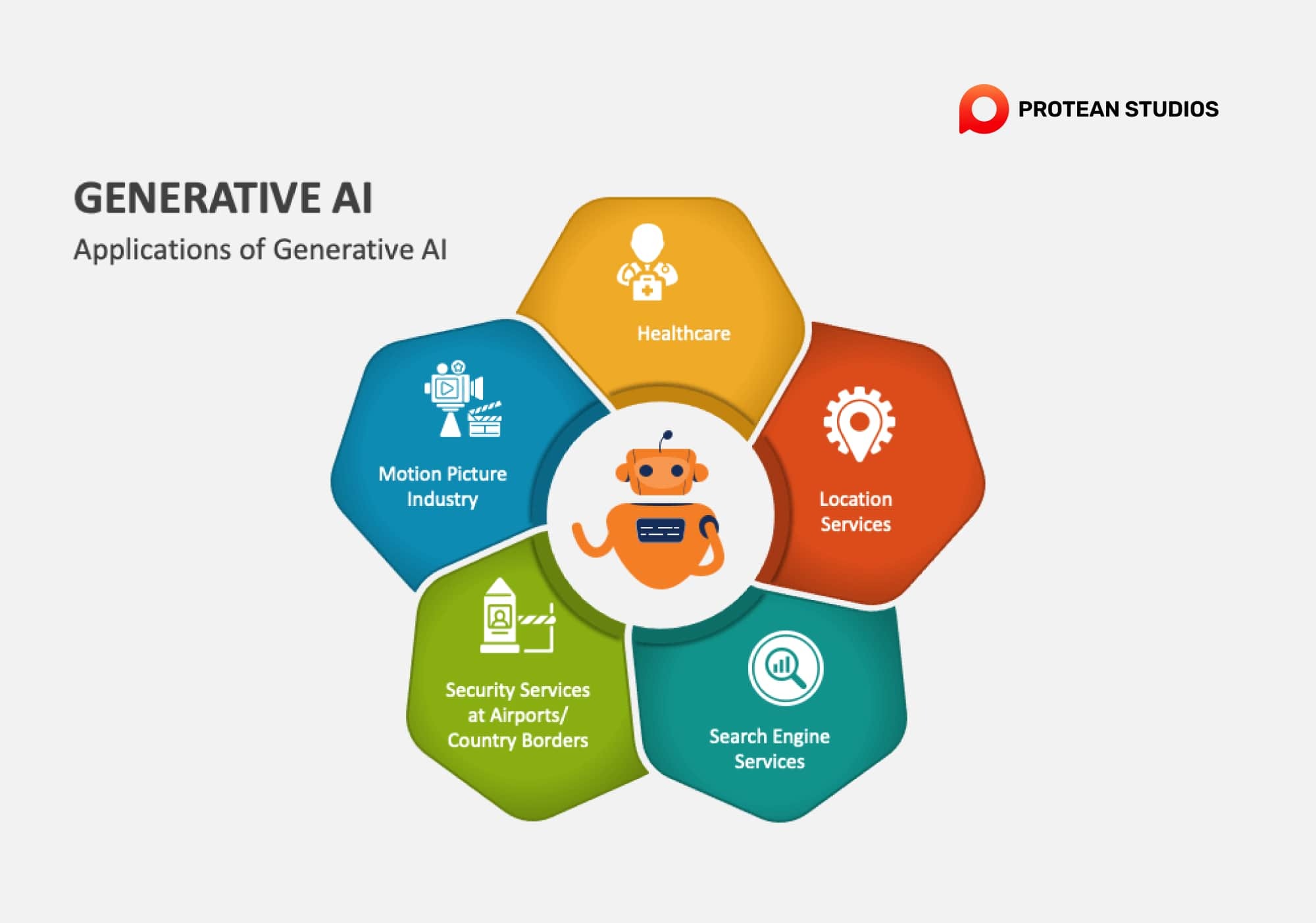
Learn more: Unleashing Productivity: Preparing Your Workforce For The AI Revolution
The AI tool was trained on Michael's existing content to learn the brand voice, then generated drafts and conducted language experiments to predict how audiences would react to specific messages. This enabled the company to tailor its messaging more accurately to each channel and campaign. With the aid of generative AI, Michaels increased the personalization of its email campaigns from 20% in 2019 to 95%.
This AI-driven content strategy improved customer engagement and loyalty, boosting the click-through rates for SMS and email campaigns by 41% and 25%, respectively.
Rapid and High-Quality Content Generation
Generative AI has gained popularity for its remarkable ability to create various types of content. Around 50% of marketers are exploring its use for content creation, a testament to its growing influence in the industry. Experts predict that AI could be responsible for generating up to 90% of online content in the future.
This is due to the accessibility of AI applications on the market, such as ChatGPT, which offers open access and pay-as-you-go services for generating text, and its latest version, GPT-4, which can also work with images. Another product, Sora, allows users to create realistic videos from text descriptions without any need for filming or editing.
Also read: Unveiling Generative AI: Exploring Its Power And Potential
Also, tools like Adobe's Firefly enable users to generate images, edit styles, and create vector graphics using simple text prompts. Generative AI is also making strides in software development, with platforms like OutSystems exploring the generation of software codes and complete software products from text inputs.
Global brands have embraced generative AI for content creation. Coca-Cola, for example, collaborated with OpenAI to produce the "Masterpiece" advertisement, which combines AI-generated animation with live-action elements, showcasing famous works of art alongside the Coca-Cola brand.
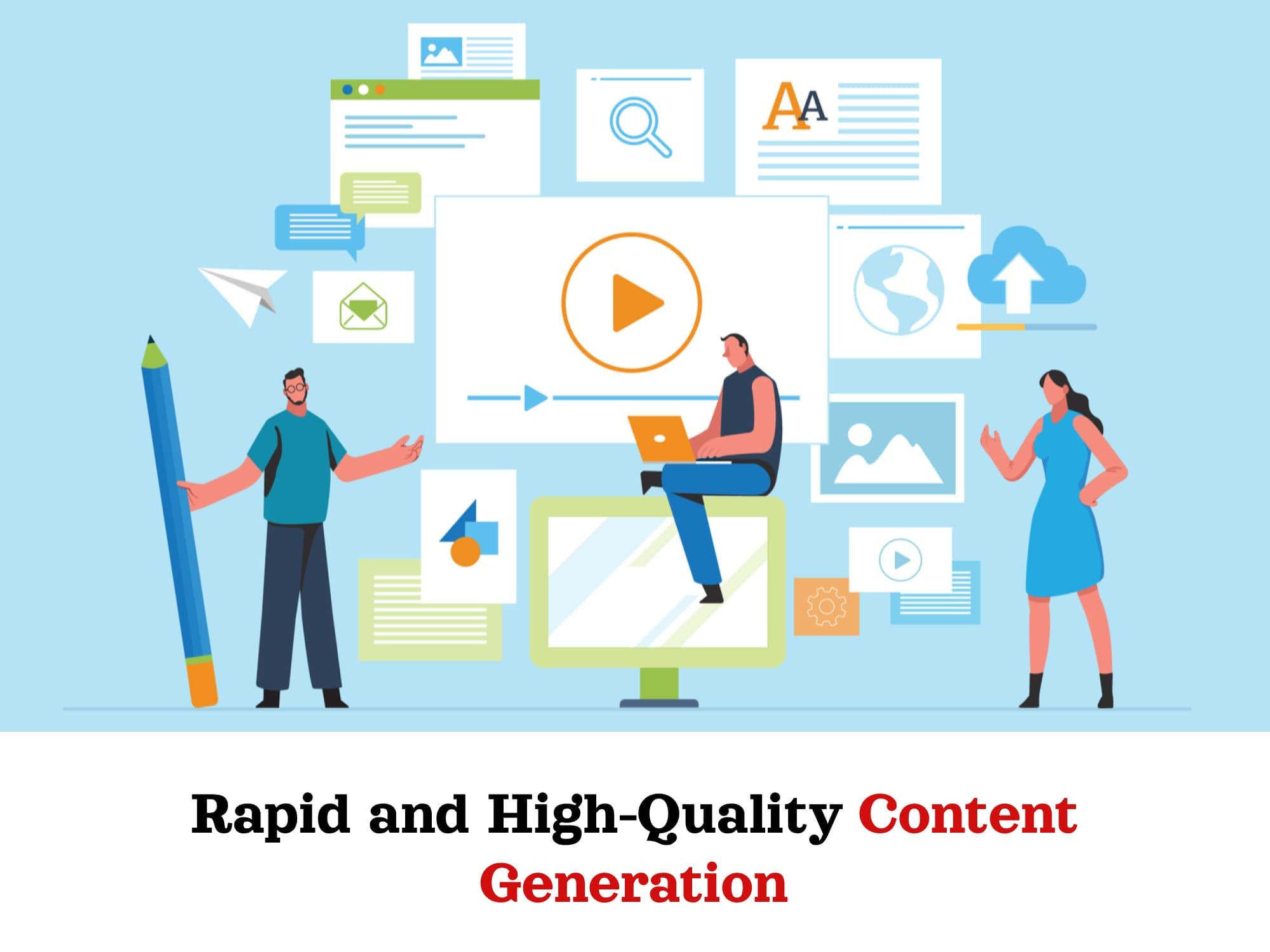
Mattel has utilized generative AI in developing its Hot Wheels products, increasing the number of product concepts generated compared to traditional methods. Besides, conversational bots powered by generative AI, like those used by Duolingo, provide more human-like interactions, enhancing user experiences with features like role-playing.
Duolingo's AI-powered chatbot, for instance, offers immersive learning experiences by interacting with users in various scenarios, such as ordering coffee with a virtual Parisian barista, complete with detailed backstories and personalities for a more engaging learning experience.
Generate with cautions.
While generative AI offers exciting possibilities, it has also sparked controversy among technology experts. Over 1,000 tech leaders and researchers signed an open letter calling for a pause in AI development, citing concerns that the technology poses "a profound risk to humanity and society." These fears are not unfounded; AI, or generative AI, can be misused for criminal activities.
The quality of AI-generated content has become so convincing that distinguishing between real and artificial content with the naked eye is difficult. This issue is exacerbated by a general lack of public awareness about fake technologies and their potential impacts. According to a survey in the UK, 72% of respondents were unaware of these technologies, making it even harder to identify forged content.
In response to these concerns, governments around the world are starting to make regulations to manage the use of AI technology. For instance, the European Union is considering rules that meet AI-generated content to meet certain standards, including labeling content as deepfake to inform users when they are viewing manipulated material.
Likely, some cities and states in the United States have enacted laws restricting the use of AI in specific areas, such as employment practices. As regulations around AI continue to develop, it is crucial for marketers to stay informed about these changes to ensure their use of AI is safe, secure, and compliant with legal standards.
—--------------------------------
At Protean Studios, we specialize in IT outsourcing solutions that can help your business leverage the latest advancements in technology, including generative AI, to enhance your marketing strategies. Whether you're looking to automate your content creation, improve personalization, or integrate AI-driven tools into your existing systems, our team of experts is here to assist you.
Contact us today to learn how we can support your business in navigating the complexities of AI technology and driving your digital transformation forward. Let Protean Studios be your partner in achieving innovative and efficient marketing solutions.



